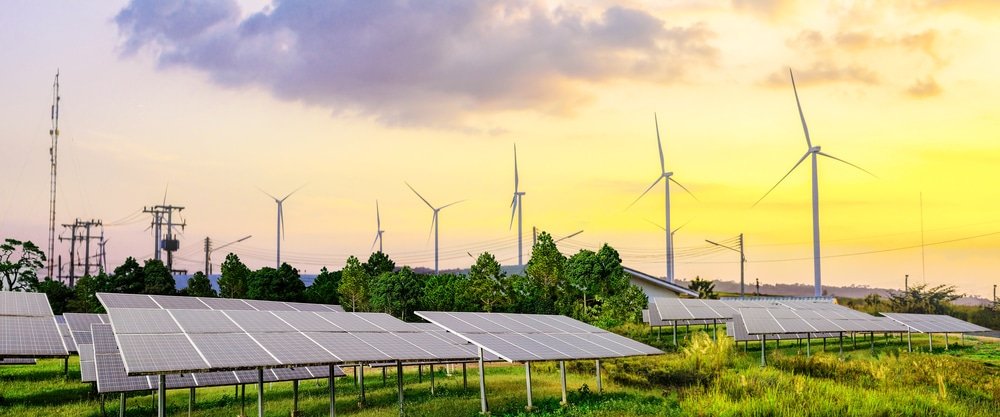Aboitiz Power Corporation and Visayan Electric Company, Inc. (Visayan Electric) recently held a two-day Power 101 session with Cebu’s energy beat reporters to provide in-depth information about the Philippine power industry. This event also presented expert insights from the Department of Energy (DOE) and the University of the Philippines Los Baños (UPLB) on the structure, challenges, and future direction of the energy sector in the island of Cebu.
Representatives from the DOE’s Electric Power Industry Management Bureau discussed Cebu’s increasing energy demand, which they expect to jump noticeably from 630.85 megawatts in 2023 to 940 megawatts in 2032. This forecast simply implies the need for strategic planning to meet Cebu’s future energy requirements.
The Philippine Energy Plan for 2023 to 2050 prioritizes a large shift towards renewable energy and was also discussed by the DoE. In 2050, renewables are expected to take more than 50% of the energy share, while coal plants are repurposed, and nuclear energy and offshore wind capacities are integrated into the national energy mix.
In 2023, coal remained the dominant source of power in the Philippines, contributing 62% of the total gigawatt-hour generation. Renewable energy sources accounted for 22%, natural gas 12%, and oil-based sources 4%. The DoE’s presentation highlighted the importance of diversifying the energy mix to bolster energy security and sustainability.
UPLB’s Department of Economics also contributed valuable insights. Faculty members discussed the economic tools and models used to analyze the energy sector, placing particular emphasis on the role electricity plays in driving economic growth. As they highlighted, electricity is not merely a commodity but a vital service that powers industries, businesses, and households. Additionally, they noted the lengthy timeline for power plant construction, which on average takes seven yearsᅳa key factor in planning for the country’s long-term energy security.
Key topics covered in the training included the Electric Power Industry Reform Act (EPIRA), which governs the restructuring of the Philippine power sector, and the Wholesale Electricity Spot Market (WESM), a critical platform for trading electricity. The seminar also touched on government taxation, electricity subsidies, and how national energy policies align with the United Nations Sustainable Development Goals (SDGs) and the ASEAN energy framework.
Quennie Bronce, Visayan Electric’s Reputation Enhancement Manager, emphasized the importance of simplifying complex energy topics for the public. “The energy sector plays a crucial role in daily life, yet it can be difficult to understand. We hope this seminar helps media professionals better navigate and communicate the intricacies of the power industry.”
Visayan Electric, the second-largest private electric distribution utility in the Philippines, serves a broad franchise area that includes the cities of Cebu, Mandaue, Talisay, and Naga, along with the municipalities of Liloan, Consolacion, Minglanilla, and San Fernando in Metro Cebu. As Cebu’s demand for electricity grows, the company continues to play a pivotal role in ensuring a reliable and sustainable energy supply for the region.


